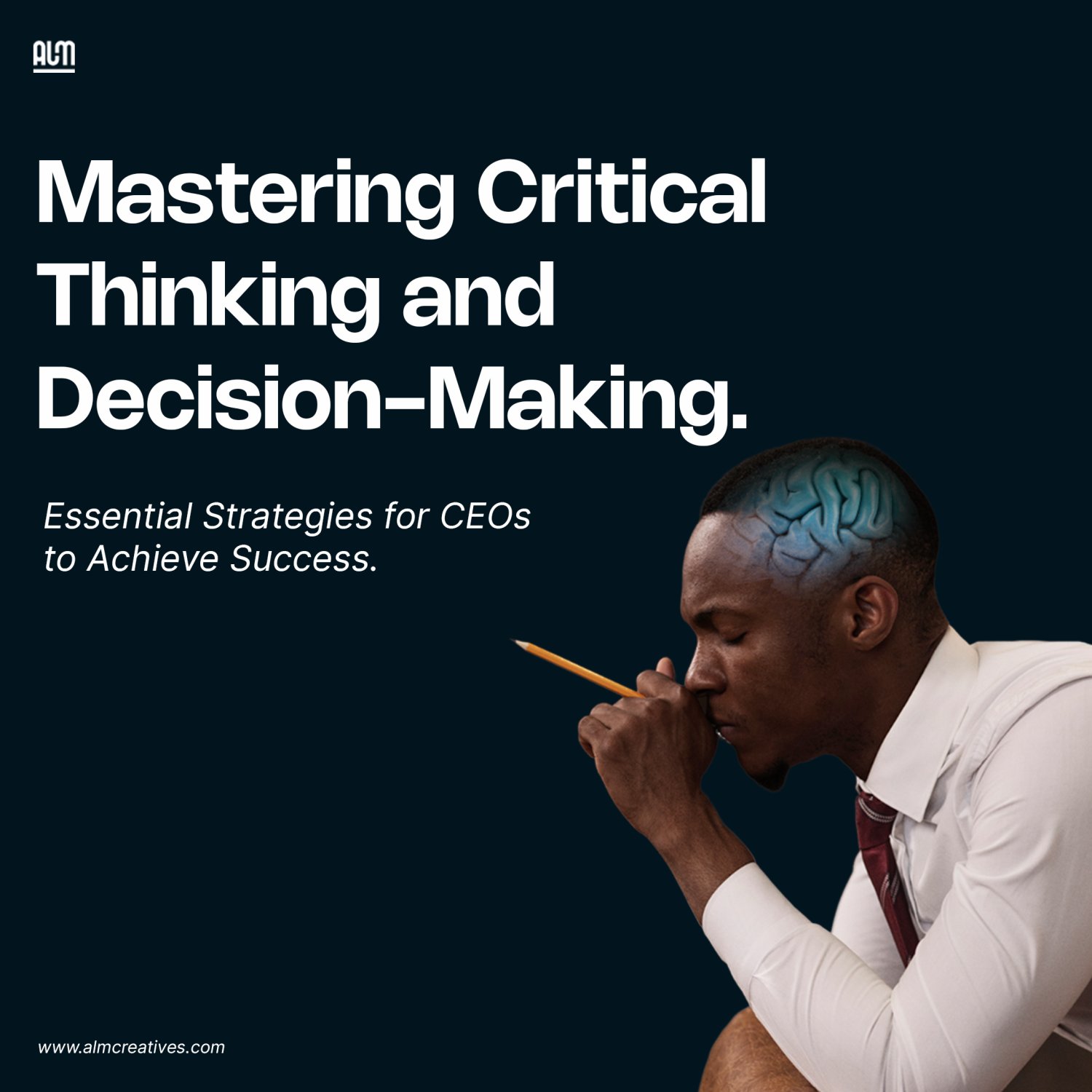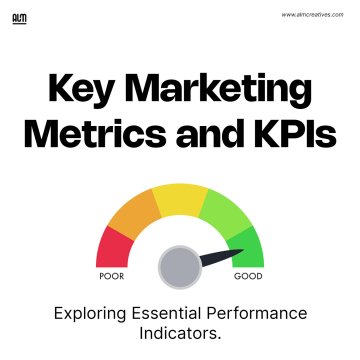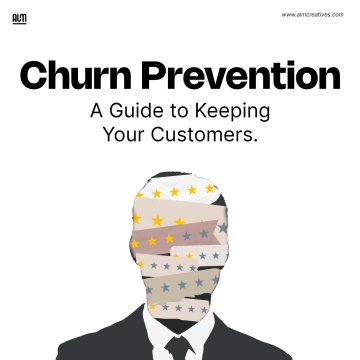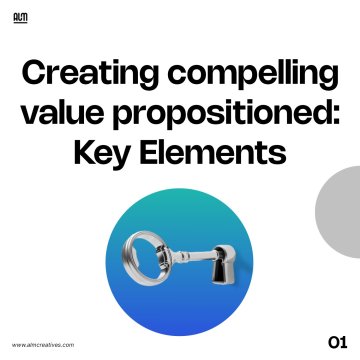Search
Mastering Critical Thinking and Decision-Making: Essential Strategies for CEOs to Achieve Success
Business and advices
As a CEO, you are constantly faced with making important decisions that can have a significant impact on your business. To make the right decisions, you need to have strong critical thinking and problem-solving skills. In fact, studies have shown that critical thinking and problem-solving skills are among the top important skills to have today in any industry.
The modern business landscape is highly competitive, and CEOs must possess the ability to make prompt, well-informed decisions that can propel their organizations to success. Achieving this requires the development of robust critical thinking and decision-making skills.
Critical thinking is the ability to think clearly and rationally, to evaluate information objectively, and to form sound judgments. Decision-making is the process of choosing a course of action from among a set of alternatives.
Good critical thinking and decision-making skills are essential for CEOs for a number of reasons. First, they help CEOs to identify and solve problems effectively. Second, they help CEOs to make sound strategic decisions that will lead to the company’s success. Third, they help CEOs to manage risk and avoid making costly mistakes.
Here are some strategies that CEOs can use to master critical thinking and decision-making:
Ask questions. One of the best ways to improve your critical thinking skills is to ask questions. When you are presented with a problem or a decision, take the time to ask yourself a series of questions to help you understand the situation better. These questions might include:
What is the problem?
What are the possible solutions?
What are the pros and cons of each solution?
What are the risks and rewards of each solution?
Be open-minded. It is important to be open-minded when you are making decisions. This means being willing to consider all of the available information, even if it challenges your own beliefs or assumptions. It also means being willing to change your mind if the evidence warrants it.
Be aware of your biases. Everyone has biases, but it is important to be aware of them so that they do not cloud your judgment. When you are making decisions, take the time to identify your biases and then consciously try to overcome them.
Seek out feedback. It can be helpful to get feedback from others when you are making decisions. This feedback can help you to see the situation from a different perspective and to identify any potential flaws in your thinking.
Learn from experience. Every decision you make is a learning opportunity. Take the time to reflect on your decisions, both good and bad, and to learn from them. This will help you to improve your critical thinking and decision-making skills over time.
In addition to these strategies, there are a number of resources that CEOs can use to improve their critical thinking and decision-making skills. These resources include:
Books and articles on critical thinking and decision-making.
Online courses and workshops on critical thinking and decision-making.
Coaching or mentoring from a qualified professional.
Developing strong critical thinking and decision-making skills takes time and effort, but it is well worth the investment. These skills are essential for CEOs who want to make their companies successful.
Here are some additional tips for CEOs who want to improve their critical thinking and decision-making skills:
Take the time to understand the problem or decision you are facing.
Gather all of the relevant information.
Identify the different options available to you.
Evaluate the pros and cons of each option.
Make a decision and take action.
Reflect on your decision and learn from it.
By implementing these strategies, CEOs can enhance their critical thinking and decision-making abilities, leading to more effective decision-making and ultimately, greater success for their organizations.




